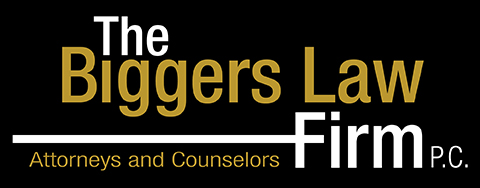Laura L. Noe
Laura Noe joined The Biggers Law Firm in 2005. Laura counsels and assists clients in a wide range of general civil business areas. Her focus also encompasses Employment Law and Creditor’s Rights and Bankruptcy. Her experience includes jury trials, nonjury trials, appellate proceedings, and mediation.
A native of Canyon, Texas, Laura graduated from Texas Tech University and Texas Tech University School of Law. She began her legal career in Abilene, Texas, employed by a firm concentrating in banking and public utility issues. Laura then worked for the City Attorney’s Office of Palo Alto, California. Returning to Texas, she pursued her interest in municipal law as an Assistant City Attorney for the City of Dallas. While there, she was a Prosecutor and ultimately joined the Federal Litigation Section with focus on employment law.
Professional Associations, Boards, and Honors
- Children’s Medical Center-Family Night at Six Flags Co-Chair, 2005
- Children’s Medical Center Women’s Auxiliary – President, 2006-07
- Community Bible Study
- Dallas Symphony Orchestra League
- Dallas Woman’s Club
- HPISD, Health Advisory Board
- John S. Bradfield PTA President, 2002 – 2003
- Junior League of Dallas
- La Fiesta De Las Seis Banderas – Member & past Board of Directors
- Salvation Army Women’s Auxiliary
Community Organizations and Activities
- Texas Tech Law School Foundation – Board of Trustees
- Dallas County Medical Society Alliance – Executive Board
- The Science Place – Liaison to the Board of Trustees
- Dallas Morning News – Toyota Science & Engineering Fair – Steering Committee
- Hyer Elementary PTA – Board of Directors
- Park Cities TAG – Campus Representative to the Board of Directors
- St. Michael & All Angels – Altar Guild
- Latino Wellness Fair – Steering Committee
- The Junior League of Dallas
